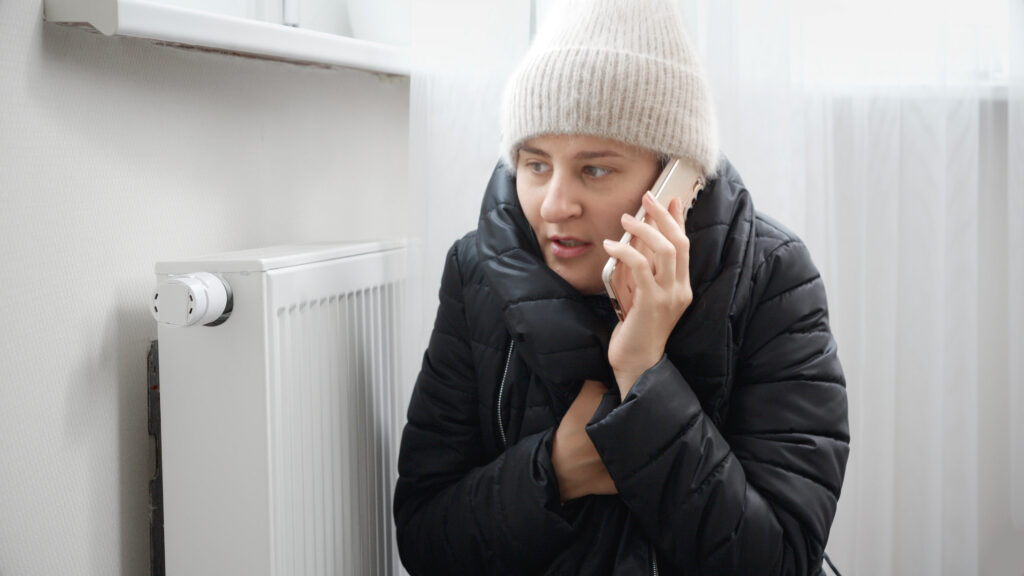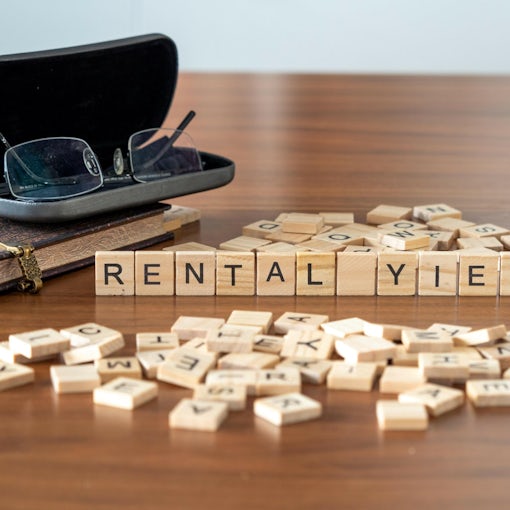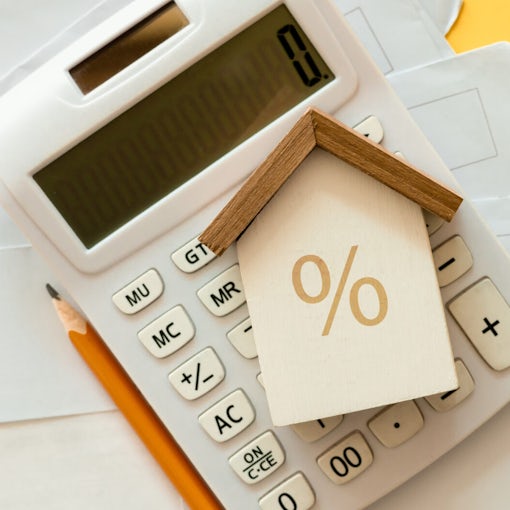As a tenant, it’s vital to understand your responsibilities regarding the maintenance and repair of your rental property. This guide aims to clarify the process of reporting repairs, ensuring that your living environment remains safe and comfortable.

Understanding Your Role in Reporting Repairs
It’s important to recognise that reporting repairs is not a bother to your estate agent or landlord, but rather a necessary part of maintaining the property. You should advise us of any repairs or maintenance needed as soon as it arises. We will contact your landlord and discuss next steps. If the landlord is on our managed service, we will take responsibility for liaising with any appointed contractors. Many of our offices have an online repair and maintenance reporting system to speed up the reporting process.
Recognising What to Report
The scope of repairs that should be reported includes:
- Electrical issues like faulty wiring, flickering lights, or malfunctioning sockets.
- Plumbing problems such as leaks, blocked drains, or inadequate water pressure.
- Issues with heating and hot water.
- Damaged fixtures or fittings.
- Structural problems like damp, mould, or cracks in the walls.
- Broken appliances provided with the property.
Remember, normal wear and tear are expected, but any damage affecting the property’s functionality or value should be reported.
The Importance of Reporting Small Repairs
Reporting even minor repairs is vital for several reasons:
- Prevention is Better Than Cure: Minor issues can escalate into major ones. Prompt reporting allows for quicker resolution and prevents bigger problems.
- Protecting Your Deposit: Reporting repairs helps maintain the property’s condition, safeguarding your deposit against deductions for damages or deterioration.
- Maintaining a Safe Environment: Reporting issues like faulty electrics or mould growth ensures the property remains habitable and safe.
How to Report Repairs
The process generally involves:
- Assessing the Problem: Understand the issue and its severity.
- Documenting the Issue: Take pictures and write a brief description.
- Contacting Your Landlord or Estate Agent: Ideally in writing, detail the issue and include any supporting documentation.
- Following Up: If there’s no response in a reasonable time, follow up.
Your Responsibilities as a Tenant
As a tenant, you’re expected to:
- Keep the property reasonably clean.
- Conduct safety checks on your electrical appliances.
- Maintain gardens and outside areas.
- Ensure good ventilation to prevent condensation.
- Perform minor maintenance like changing light bulbs or smoke alarm batteries.
Note that you might be liable for repair costs for damage you caused, even if your landlord would normally be responsible.
Landlord’s Responsibilities
Landlords are responsible for:
- Repairs to the property’s structure and exterior.
- Maintenance of basins, sinks, baths, and other sanitary fittings.
- Ensuring functioning heating and hot water systems.
- Maintaining gas appliances, pipes, flues, and ventilation.
- Upkeep of electrical wiring.
Effectively reporting repairs is not a hassle but a responsibility that ensures the longevity and safety of your living space. Don’t hesitate to communicate any issues to your landlord or estate agent.
If you’re facing any issues with your rental property, please report them to us as soon as possible. Whether it’s through our online system or directly contacting our office, we are here to help ensure your rental experience is smooth and secure.






